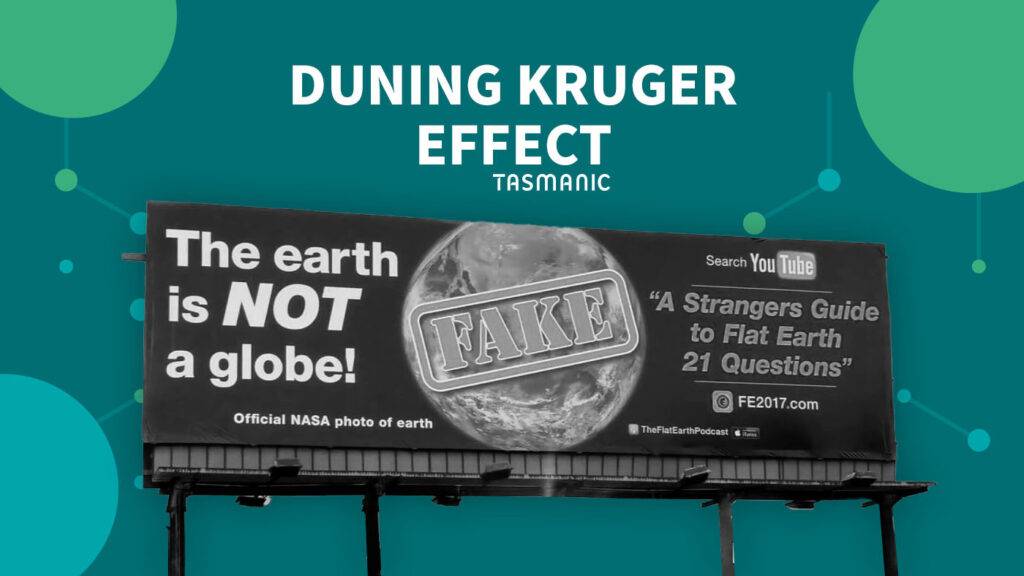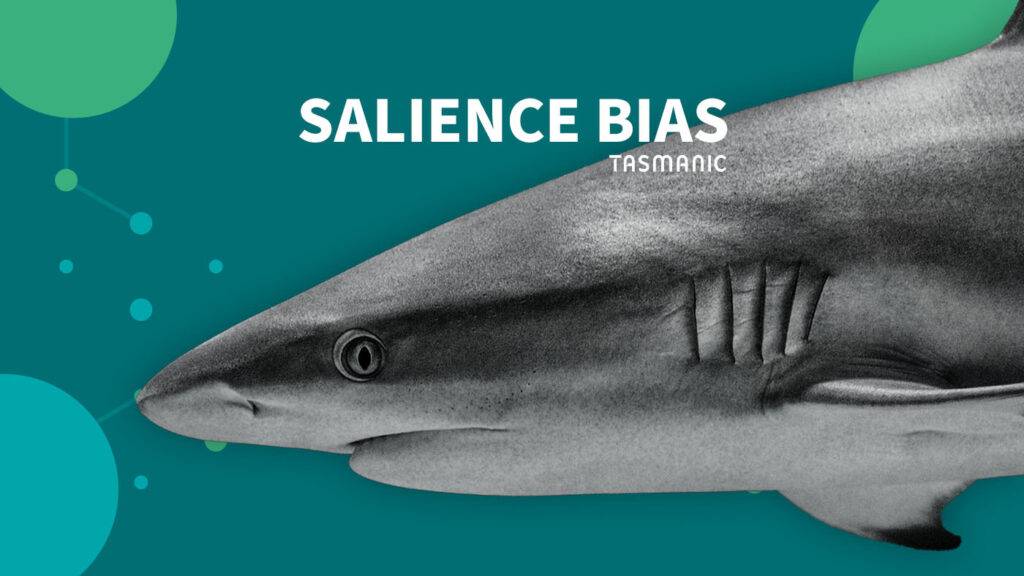
Last updated August 18, 2023
Introduction
Have you ever experienced someone telling you something with conviction that wasn't true at all? Did you happen to really understand the subject and the person telling you a lot less? Then this person probably suffered from the Dunning-Kruger effect. Read on if you don't want to fall into this trap!
What is the Dunning-Kruger effect?
The Dunning-Kruger effect is a cognitive bias in which people believe they are smarter and more capable than they actually are.
People who are incompetent in a task rate their performance higher than they actually are because they lack the metacognitive ability to see their own incompetence (Dunning & Kruger, 1999).
When you are beginning to gain knowledge and/or experience on a new subject, you do not yet know what you do not yet know about the subject. As a result, you overestimate your knowledge of the subject. Because of accumulated self-confidence about what has been learned in a short period of time, you overestimate your level of competence and think that you already know more than is really the case. In fact, you are too ignorant to know how ignorant you are. You cannot critically analyze the extent to which your competencies are developed.
In contrast, people who are competent underestimate their own ability and think that tasks are easy for everyone when they are not.
The Dunning-Kruger effect is named after David Dunning and Justin Kruger, who did not invent the effect themselves but did a lot of research on it.
How does the Dunning-Kruger effect occur?
Incompetent people tend to rate their abilities higher than competent people, because competent people, on the contrary, often underestimate themselves. In people where the Dunning-Kruger effect plays out, you also see that they do not recognize the skill or expertise in others, that they do not realize that they are falling short to a serious degree, and that only after gaining more competency skills do they recognize that they were falling short beforehand (Dunning, Johnson, Ehrlinger & Kruger, 2003).
You are only good at something when you possess certain knowledge and skills about it, but until you know that it is precisely this knowledge and skills that you need to possess, you also do not know that you are not yet good at something. Feedback then helps to recognize what is missing. The Dunning-Kruger effect is considered a natural, human phenomenon and is often used to indicate someone's incompetence.
Case example
Someone took a basic coding course. During the final assignment, he managed to successfully build his own website. Proudly, he tells everyone how good he is at coding and that he might want to make it his full-time job. However, this person does not realize that the knowledge he gained during the basic course is only the beginning of the field of coding and will immediately get stuck with a slightly more difficult task.
SME entrepreneurs often run into this as they grow. They have had success on a small scale with their marketing efforts and think this knowledge will be enough to take the next step. Soon they get stuck or make incomprehensible decisions.
What are the risks of the Dunning-Kruger effect?
There are always risks when someone overestimates themselves:
- Putting others in dangerous situations: for example, when you think you are a good snowboarder and try to teach this to someone else.
- Making bad decisions: when you make a decision based on the knowledge or expertise you have and you think you know everything about it to make a good choice.
- Poor performance: when you are very confident and sure that you are going to be successful, you are more likely to rattle things off and complete them with less attention and concentration.
- Conflict: when you are unaware of your ignorance and are not open to criticism you are more likely to get into conflict with someone who does know a lot about it.
How can you avoid the Dunning-Kruger effect?
As a business owner, you naturally want to avoid the Dunning-Kruger effect as much as possible for yourself and your employees. Some tips:
- Surround yourself with people who know a lot about a subject. That way you can better assess how much you already know yourself or ask them how they rate your competencies.
- Be vigilant for blind spots and keep giving each other feedback.
- Keep away from situations where it can be physically dangerous if you know too little about the subject or, for example, your cybersecurity is compromised.
- Continue to offer and/or take follow-up training and in-depth courses to expand your knowledge in a particular area.
- Once in a while, assess a project that has succeeded well and name what the factors were that made it such a success.
Resources
Kruger, J. & Dunning, D (1999). "Unskilled and Unaware of It: How Difficulties in Recognizing One's Own Incompetence Lead to Inflated Self-Assessments." Journal of Personality and Social Psychology
Dunning, D, Johnson, K, Ehrlinger, J. & Kruger, J. (2003). "Why people fail to recognize their own incompetence." Current Directions in Psychological Science.
Is your company missing opportunities?
Our pay is based on your results.

















 Team
Team FAQ
FAQ Prices
Prices Vacancies
Vacancies Contact
Contact Marketing
Marketing SEO
SEO SEA
SEA Strategy
Strategy Sales
Sales Optimization
Optimization AWR
AWR Ahrefs
Ahrefs Channable
Channable ContentKing
ContentKing Leadinfo
Leadinfo Optmyzr
Optmyzr Qooqie
Qooqie Hubspot
Hubspot Semrush
Semrush




